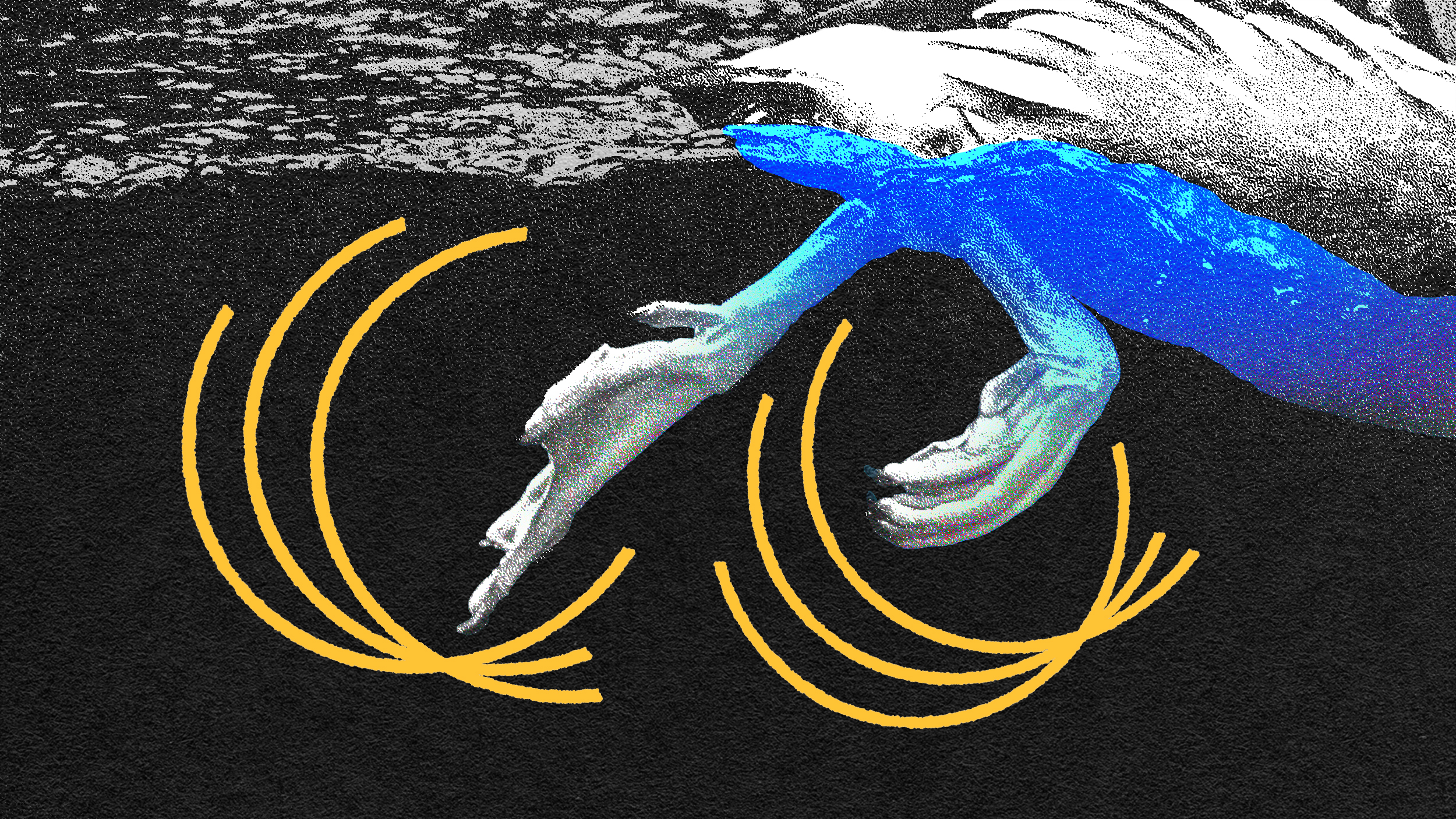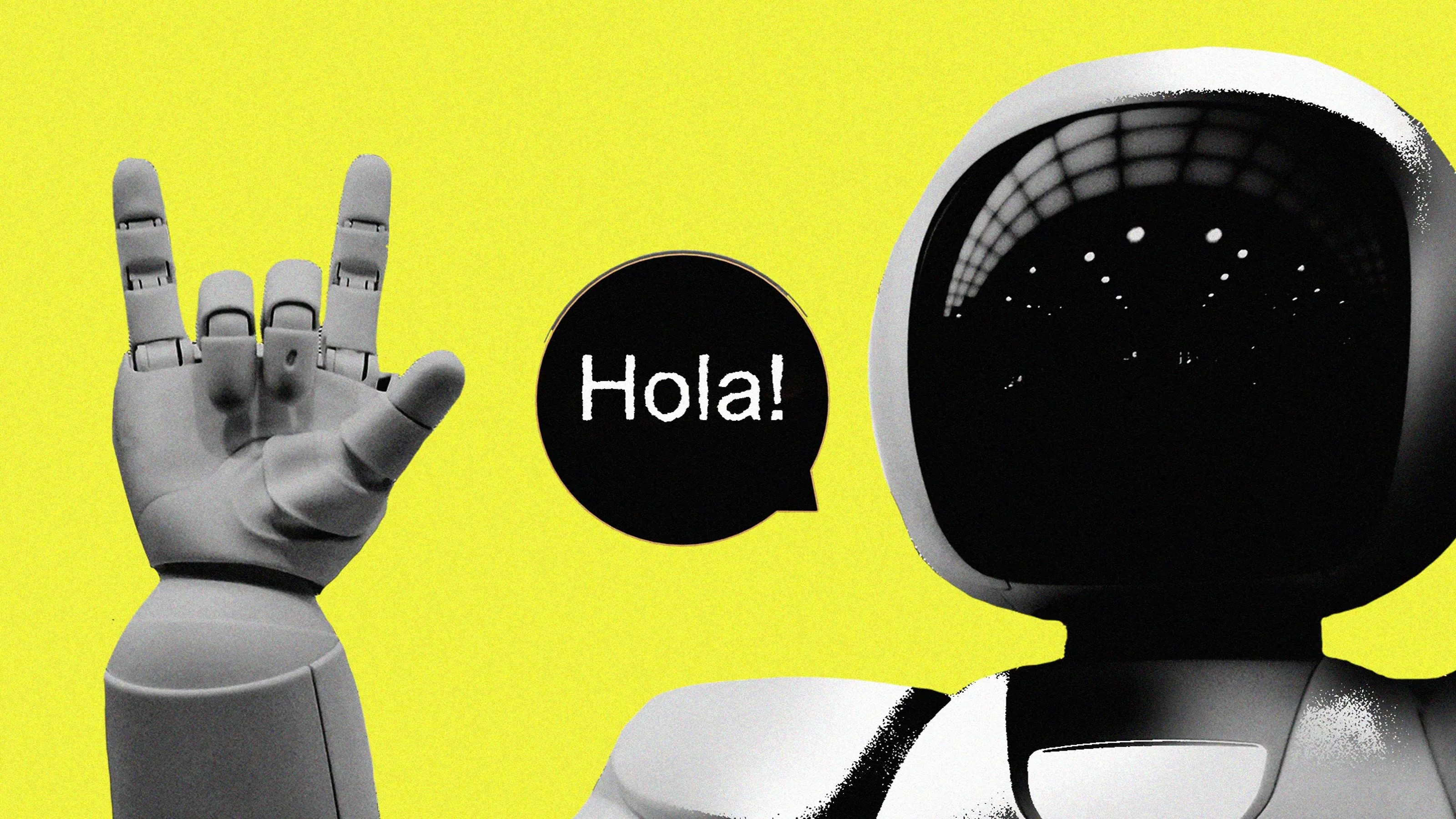The 10 best science and technology books of 2020

Credit: dusanpetkovic1 / Adobe Stock
- The best science books push us to think, feel, and behave differently.
- This list includes new releases by authors Merlin Sheldrake, Isabel Wilkerson, James Nestor, David Attenborough, and others.
- Besides making us more knowledgeable, these books inspire curiosity, passion, and empathy for the universe in and around us.
The best science books have the power to shift perspectives, pushing us to think differently and even behave differently. The following titles push boundaries by making novel connections and challenging conventional wisdom about the world as we think we know it. Besides making us more knowledgeable, they inspire curiosity, passion, and empathy for the universe in and around us.
These are our picks for the 10 best books released in 2020, plus a few notable mentions too good to leave out.
Merlin Sheldrake’s enthralling study of fungi will reframe your view of the world through the perspective of mycelium networks, providing a natural lesson in the interrelations between all living beings. Fungi have colonized nearly all of Earth’s environments, and their interactions with other matter has been one of a subterranean magician creating and transforming the world we inhabit.
Sheldrake, a mycologist who researches underground fungal networks, takes the reader on a journey into unsettling mysteries that shroud his field of study. At the center, just how alive are these networks? Weaving together stories, scientific observations, and philosophical questions, “Entangled Lives” is a book on how beings contaminate and change one another in a perpetual, transformative dance of matter.
From wildfires intoxicating our air quality, to a pandemic caused by a respiratory-system attacking virus, to the social justice cry “I can’t breathe,” the mundane act of breathing was brought to the forefront in 2020. It’s the most fundamental thing to our lives, marking the beginning and the end of it, and yet our culture rarely gives it a second thought. Journalist James Nestor sought to amend that in “Breath: The New Science of a Lost Art,” as he interviews men and women around the world to trace the origins of our failure to remember correct breathing, what the consequences have been, and how it can be fixed.
This is an enrapturing look at the history of human breathing through a physiological, evolutionary, cultural, and spiritual lens. Far more exhilarating than a description of pulmonology lab studies, Nestor finds answers in ancient burial sites, New Jersey choir schools, and Soviet facilities. He also offers practical breathing exercises to give the reader a hands-on experience into the simple power of breathing correctly.
This year was one defined by heartbreak and pain across the globe. This was especially the case for Black Americans for whom COVID-19 exposed the ugly racial inequalities in our healthcare system and the loss of more Black lives at the hands of police officers revealed the fundamental injustice of the American justice system. And, so, 2020 saw backlash against the legacy of white supremacy in America.
In her latest book “Caste: The Origins of Our Discontents,” Pulitzer Prize-winning journalist Isabel Wilkerson met this revolutionary year with her groundbreaking exploration of identity in America. Wilkerson radically and powerfully reframes injustice, racism, and inequality in the United States as undergirded by a caste system likened to those in India and Germany’s Nazi regime. Applying more than a decade of research, ethnography, and reporting for the book, Wilkerson offers us a deep revisionist history through interviews with experts along with ordinary people, and stories from her own life. Woven together, she creates an electrifying and perspective-flipping theory of injustice and racism in America, and the role we all continue to play in perpetuating it.
Renowned and beloved naturalist, journalist, and defender of the planet David Attenborough delivers a witness statement of the state of life on planet Earth. This book was awarded this year’s Goodreads Choice Award in Science and Technology.
Part testimony, part heartening memoir, and part battlecry, Sir Attenborough’s book proves a much needed imagining of the future if through collective, rapid action we can save Earth’s beautiful and wild places and before it’s too late.
A gripping tale that is part medical mystery and part case study of abnormal psychology, Robert Kolker presents a riveting piece of narrative non-fiction. “Hidden Valley Road: Inside the Mind of An American Family” is the story of a seemingly cookie-cutter ’60s American family: the Galvins. Kolker, a decorated crime journalist, digs under the picture-perfect surface to spotlight a family ravaged by mental illness, violence, and trauma.
Of the Galvin’s ten sons, six developed schizophrenia, transforming their home into a traumatic and abusive environment. The book traces scientists’ quest to find out if this family’s genetics could hold the key to the many unanswered questions the medical and psychiatric field has about the disease.
Of course, it’s shameful that a book debunking racist pseudosceince had to have been written at all. Nevertheless, geneticist Adam Rutherford’s “How to Argue With a Racist: History, Science, Race, and Reality” is a remarkable telling of the shared ancestry of the human race. The book is a treasure trove filled with gems of knowledge from the field of genetics and what it knows about skin color, intelligence, ancestry, athletic ability, and racial superiority.
By showing how ancestry and family trees scientifically work, Rutherford proves the concept of racial purity to be an erroneous delusion. “For humans,” Rutherford explains, “there are no purebloods, only mongrels enriched by the blood of multitudes.” The reader is provided the fascinating scientific weaponry to confidently take on questions about race, genes, ancestry. Ultimately, Rutherford’s book is a challenge against the manipulation, misrepresentation, and abuse of science to justify hatred and prejudice.
While nations and leaders have entered into a battle to rule the big data sphere, most of us still remain in the dark about AI — a subject shrouded in complex lexicon and confused with sci-fi plots. But AI is real, here to stay, and already has profound and alarming implications on our world. Michael Kanaan, a nationally recognized expert of the topic of artificial intelligence, details these realities in a way that the everyday person can grasp.
Detailing the global implications of AI, Kanaan also presents the ways that cultures and nations have failed to adjust their policies and ethical questions to meet the rapid growth of modern computing, and the erosion of democracies around the world as dubious leaders weaponize the technology to spread misinformation. We’re entering this brave new world, there is no turning back, and “T-Minus AI” is our survival guide coming at a critical moment in time.
“Vesper Flights” is Helen Macdonald’s dazzling collection of essays about human and other-than-human relationships. The naturalist and poet explores and meditates on subjects ranging from nostalgia for landscapes to the migrations of songbirds from the Empire State Building to the challenges of farming ostriches. And, of course, her own vespers.
Woven throughout the collection of her writings are the themes of captivity and freedom, immigration and flight, precarity and enchantment, time and memory, and ultimately, love. Helen transports the reader into intimate observations of the natural world such as watching tens of thousands of Hungarian cranes, encountering a wild boar, foraging for mushrooms, and the peculiarities of bird nests. “Vesper Flights” re-enchants and brings back to life the world of the other-than-human as more than the backdrop of the human drama. In a time of isolation, Helen reminds us that we are part of a multitude of narratives at play in the natural world, and the wondrous and baffling magic found in paying attention to it.
In “The Alchemy of Us: How Humans and Matter Transformed One Another,” Ainissa Ramirez explains how inventions from the clock to steel rails to hard disks have powerfully transformed society. By ingeniously describing how matter has transformed humans as we create inventions out of it, Ramirez shows how eight inventions created the world as we know it today, and molded our perception of it.
Ramirez, a material scientist and science writer, illustrates how clocks, steel rails, copper telegraph wires, photographic film, carbon filaments for light bulbs, hard disks, scientific labware, and silicon chips revolutionized modern society. The chapters each tell the story of the creation and rise of one of the inventions and the impact it had on the world. For example, how the railway contributed to the commercialization of Christmas. Ramirez’s storytelling and expertise give life to the innovations by contextualizing them in history and providing the biography of the creators behind them. This includes those who have been overlooked in historical tellings of innovation, such as women and people of color. Ultimately, this is about how we manipulate matter, and the matter changes us.
For centuries, human art, religious beliefs and rituals, our social hierarchies, value systems, scientific innovations and discoveries, and even our DNA has been shaped by the heavens. Yet over the last few decades, we have severed that innate and intimate relationship with the cosmos, which are today experienced through screens and mind-numbing data fields. And it’s come at a cost.
Jo Marchant’s spellbinding book seeks to put the sense of awe, wonder, and mystery back into our relationship with the stars. Presenting various ways that different cultures have celebrated the once-mystical majesty of celestial cycles, she invites you to experience the night through your naked eyes fixed unto the star-spangled sky. It’s an experience that has sparked imaginings and ideas that have radically transformed human civilization for millennia, even, Marchant argues, made us human. In “The Human Cosmos,” you’ll discover Chumash cosmology, learn about Tahitian sailors who navigated by way of celestial maps, and understand how Einstein arrived at his revolutionary theory that space and time are the same entity.
There were so many brilliant books released in 2020, and these picks are just the tip of the iceberg. Here are several other books that almost made our top ten list.
- “All We Can Save” edited by Ayana Elizabeth Johnson and Katharine K. Wilkinson
- “Owls of the Eastern Ice: A Quest to Find and Save the World’s Largest Owl” by Jonathan C. Slaght
- “Explaining Humans” by Dr. Camilla Pang
- “Children of Ash and Elm: A History of Vikings” by Neil Price
When you buy something through a link in this article Big Think earns a small affiliate commission. Thank you for supporting our team’s work.





